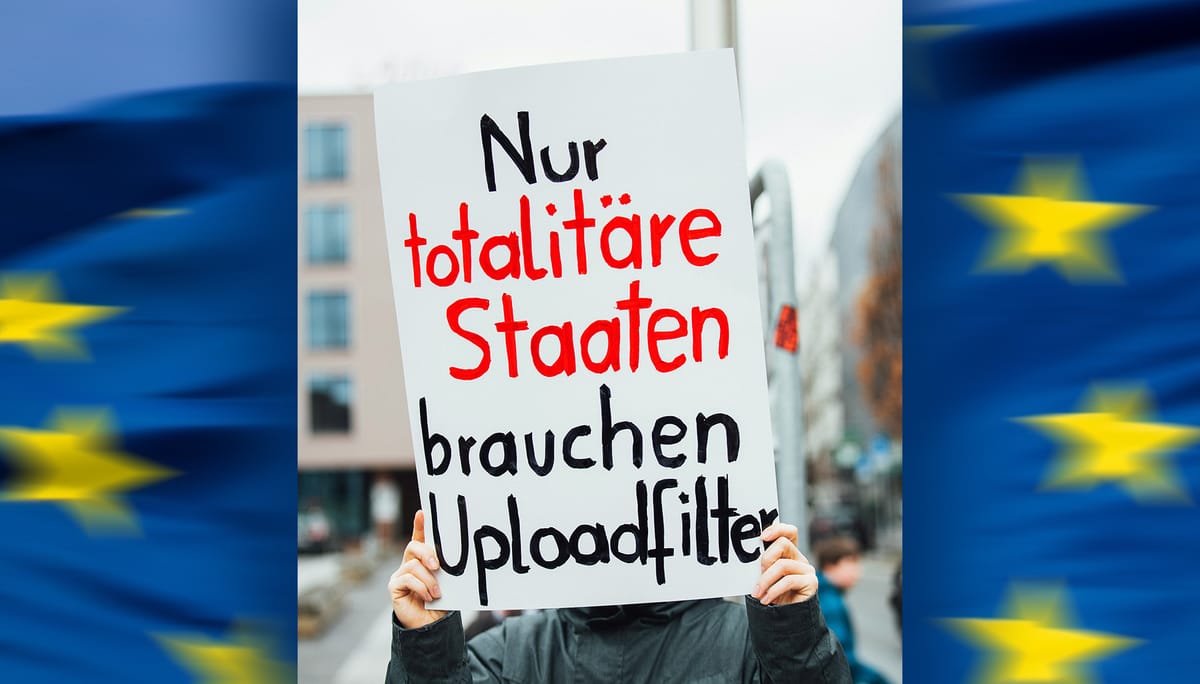Going Dark: EU Council to Greenlight 'Moderated' Chat Control on June 20
"If Chat Control is endorsed by Council now, experience shows there is a great risk it will be adopted at the end of the political process," writes Patrick Breyer of The European Pirate Party.

UPDATE: The vote has been postponed to Thursday, June 20th.
- "The Belgian EU Council presidency seems set to have bulk Chat Control searches of our private communications greenlighted by EU governments on Wednesday 19 June. This confirms concerns that the proponents of Chat Control intend to exploit the period shortly after the European Elections during which there is less public attention and the new European Parliament is not yet constituted," adds Breyer.
"There is no way to implement such proposals in the context of end-to-end encrypted communications without fundamentally undermining encryption and creating a dangerous vulnerability in core infrastructure that would have global implications well beyond Europe," said Signal's Meredith Whittaker in a statement responding to the recent developments.
- "The good news is that many EU governments have not yet decided whether to go along with this final Belgian push for Chat Control mass surveillance, among them Italy, Finland, the Czech Republic, Sweden, Slovenia, Estonia, Greece and Portugal. Only Germany, Luxembourg, the Netherlands, Austria and Poland are relatively clear that they will not support the proposal, but this is not sufficient for a “blocking minority,” explains Breyer.
"We ask that those playing these word games please stop and recognize what the expert community has repeatedly made clear. Either end-to-end encryption protects everyone, and enshrines security and privacy, or it’s broken for everyone. And breaking end-to-end encryption, particularly at such a geopolitically volatile time, is a disastrous proposition," said Meredith Whittaker.
- "Contact your government and tell it to vote against Chat Control on Wednesday, 19 June. It is crucial we demonstrate that civil society is alert now. You can either contact your ministries of the interior and of justice, or you can contact your government’s ‘permanent representation’ to the EU. You can find the contact details for all permanent representations on the website „EU Whoiswho“," writes Patrick Breyer in his blog.

Breyer Blog Post / Archive
Signal Statement / Archive
The Rage Article / Archive
EU Whoiswho Site




